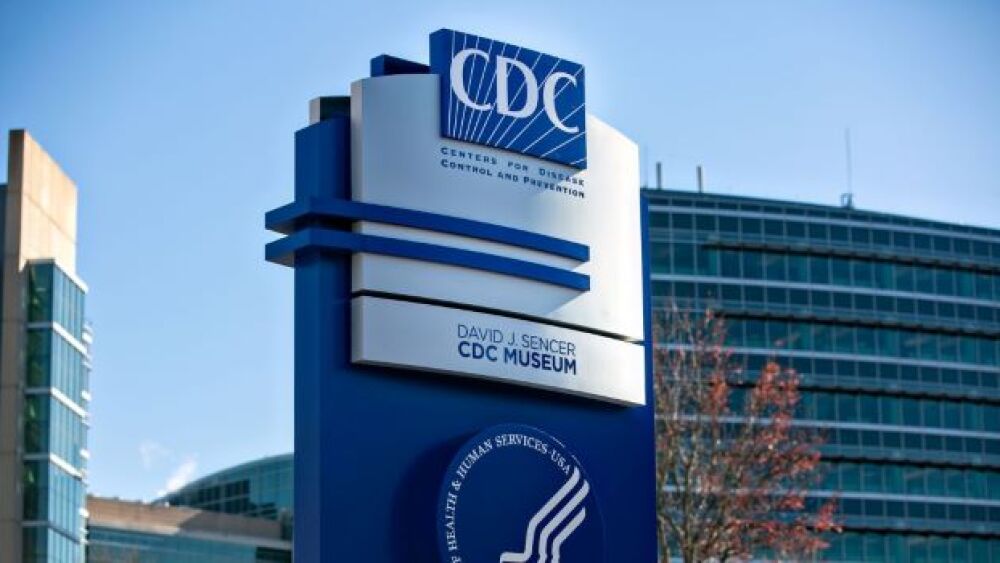In a unanimous vote made by U.S. health officials, the advisers decided the safer Pfizer and Moderna vaccines should be given as boosters.
Jason Armond / Los Angeles Times via Getty Images
In a unanimous vote made by U.S. health officials, the advisers decided the safer Pfizer and Moderna vaccines should be given as boosters. However, they also kept provisions for people who might still need the J&J shot if someone wanted to get it or had a severe allergy to the other options.
Ever since the vaccines have been approved for emergency use in the U.S. – all three COVID-19 vaccines have been made available to Americans as an equal choice. This was based on scientific evidence since large studies proved that all offered strong protection and early supplies were limited.
J&J’s vaccine initially was welcomed as a single-dose option that could be especially important for hard-to-reach groups like those living in remote areas and the homeless people who might not have the resources or provision to get a second dose for the Pfizer or Moderna vaccines.
But recent, crucial data related to blood clots in some people has made the U.S. health officials decide against the application of J&J’s vaccine for booster doses. The blood-clot reports were rare in the beginning, but there have been continuous reports of such cases and not just in younger women as initially thought. Centers for Disease Control and Prevention (CDC)‘s director, Dr. Rochelle Walensky, accepted the panel’s advice and made this announcement on Thursday.
COVID-19 is also known to cause deadly blood clots, but vaccine-induced clots are different. They are believed to form due to an immune reaction to the J&J and AstraZeneca vaccines because both are vector-based vaccines instead of the mRNA-ones by Pfizer and Moderna.
Clots form in unusual places, like the veins that drain blood from the brain and cause abnormally low platelet counts in patients. Common symptoms of the unusual clots, also known as “thrombosis with thrombocytopenia syndrome,” include severe headaches a week or two after the J&J vaccination, as well as abdominal pain and nausea.
The clotting problems were first reported last spring, with the J&J shot in the U.S. and a similar vaccine made by AstraZeneca used in other countries. Eventually, the U.S. drug regulators weighed the benefits of J&J’s one-and-done vaccine against a very rare risk back then, as long as recipients were warned.
While the clots are still very rare, the US Food and Drug Administration warned health care providers keeping in mind the newer cases that are larger in number that have occurred after J&J vaccinations since the spring. Women aged between 30 and 49 years, about once for every 100,000 doses administered, were affected by these blood clots.
Overall, the US government has confirmed 54 clot cases thus far, 37 in women and 17 in men, and nine deaths that included two men. He said two additional deaths are suspected.
The CDC adviser Dr. Beth Bell of the University of Washington said, “I would not recommend the Janssen vaccine to my family members”.
Now, after all the reports on mutations, the single-dose option for J&J did not prove quite as protective as two doses of the Pfizer and Moderna vaccines. For J&J recipients, a booster is recommended at least two months after vaccination. U.S. health officials had previously accepted mixing vaccines for booster shots.
Several countries have already formed policies preferring Pfizer and Moderna vaccines as booster shots. However, keeping everything in mind, J&J told the committee its vaccine still offers strong protection and is a critical option, especially in parts of the world without plentiful vaccine supplies or for people who don’t want a two-dose shot.





